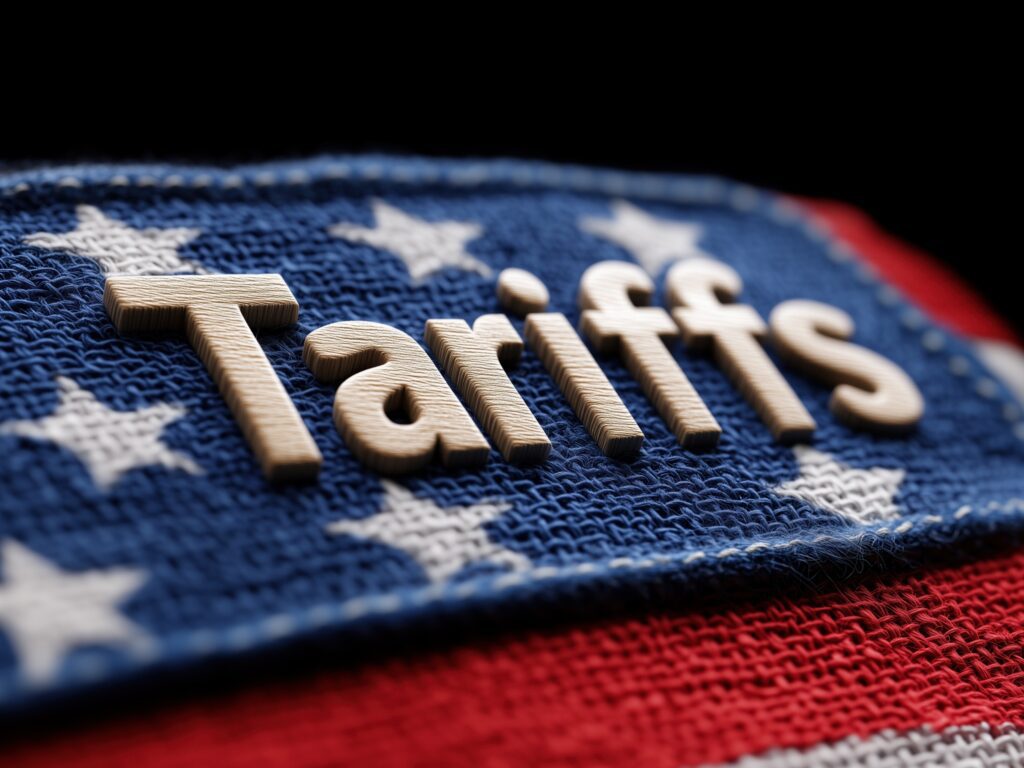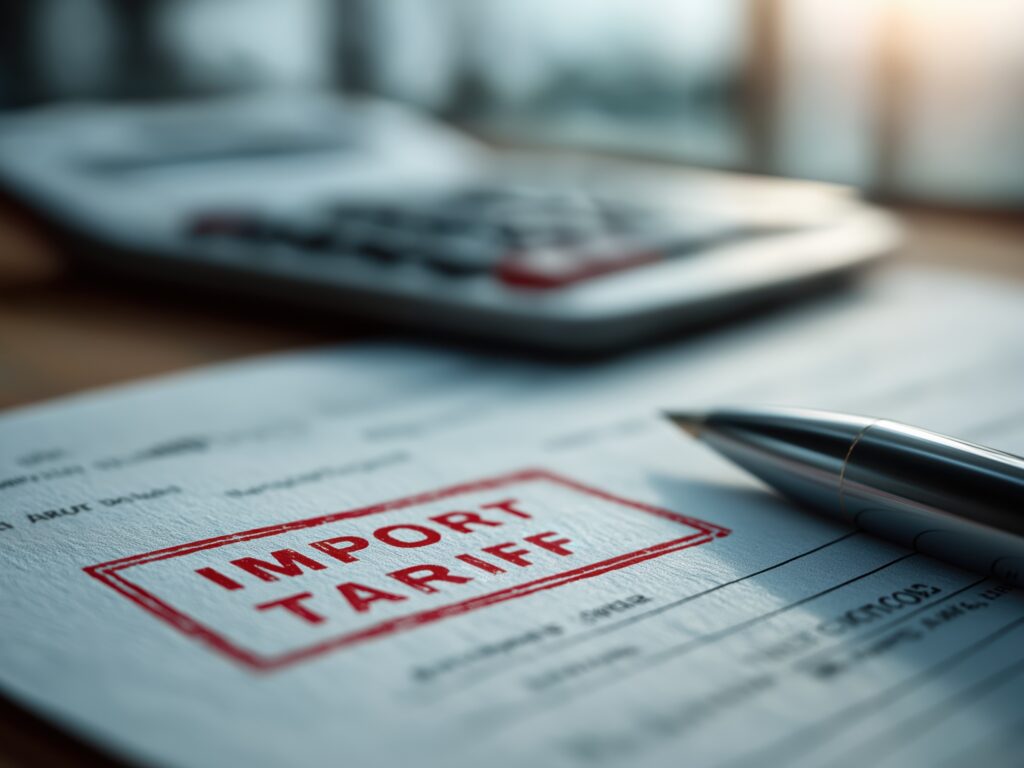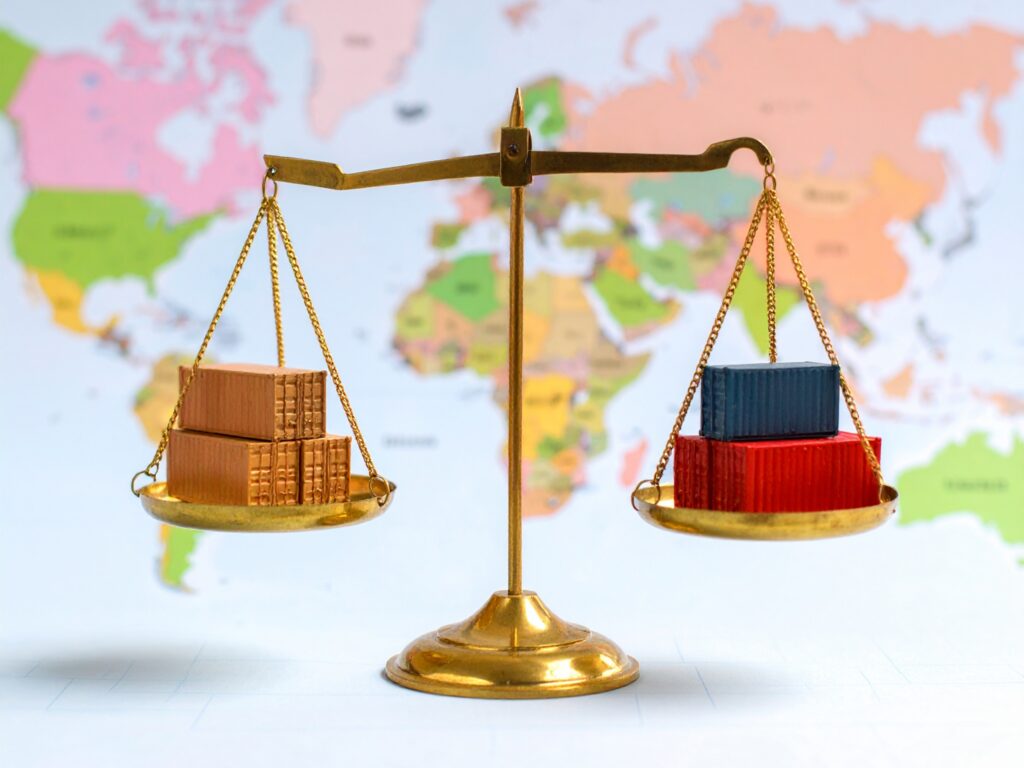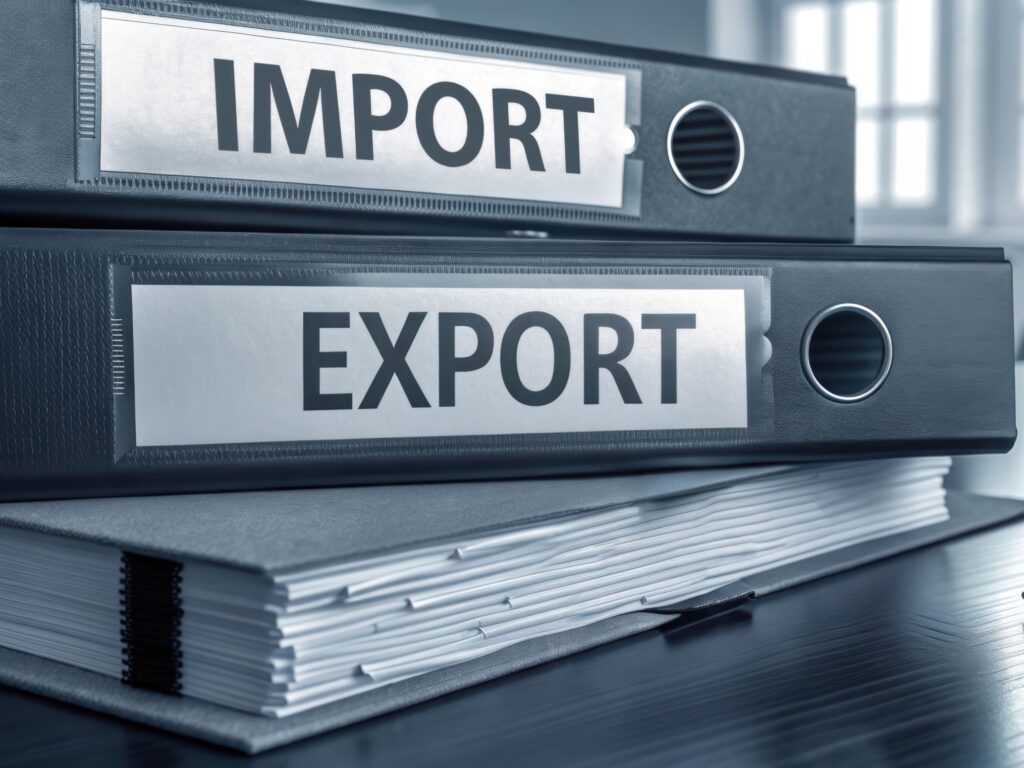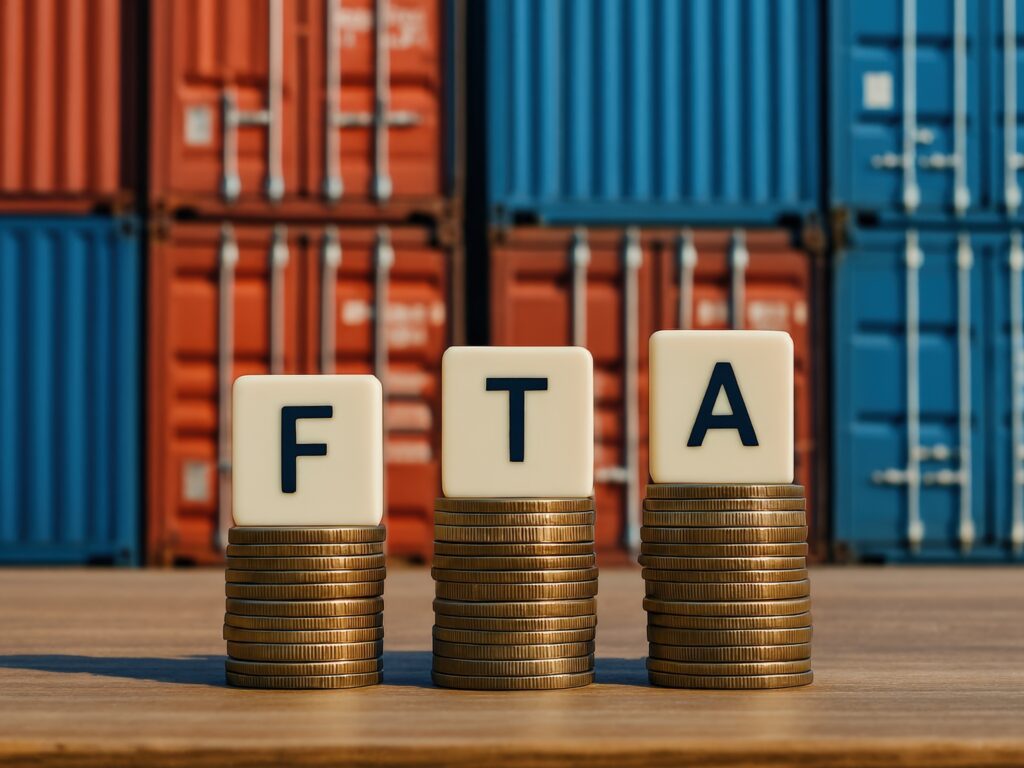What Importers Should Watch When Trade Policy Shifts Overnight
Trade policy has always been political. What has changed is the speed. A new executive order. A tariff announcement. A sanctions update. A court decision. A sudden enforcement priority shift. Importers can wake up on Tuesday operating under assumptions that were perfectly reasonable on Monday. The risk is not the rule change itself, but rather […]
What Importers Should Watch When Trade Policy Shifts Overnight Read More »

